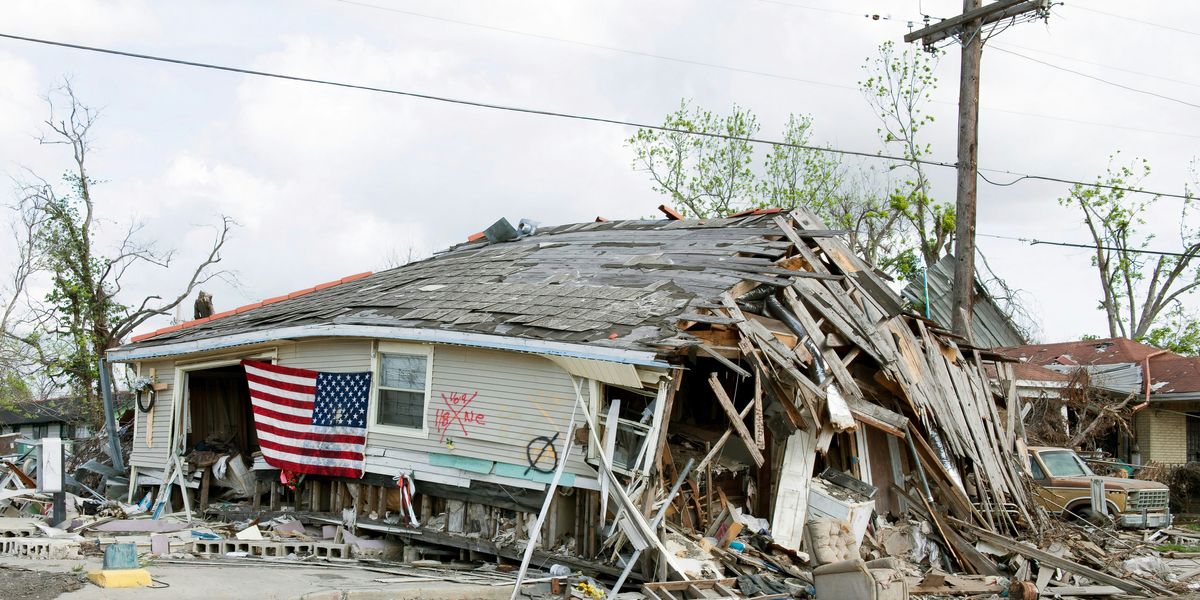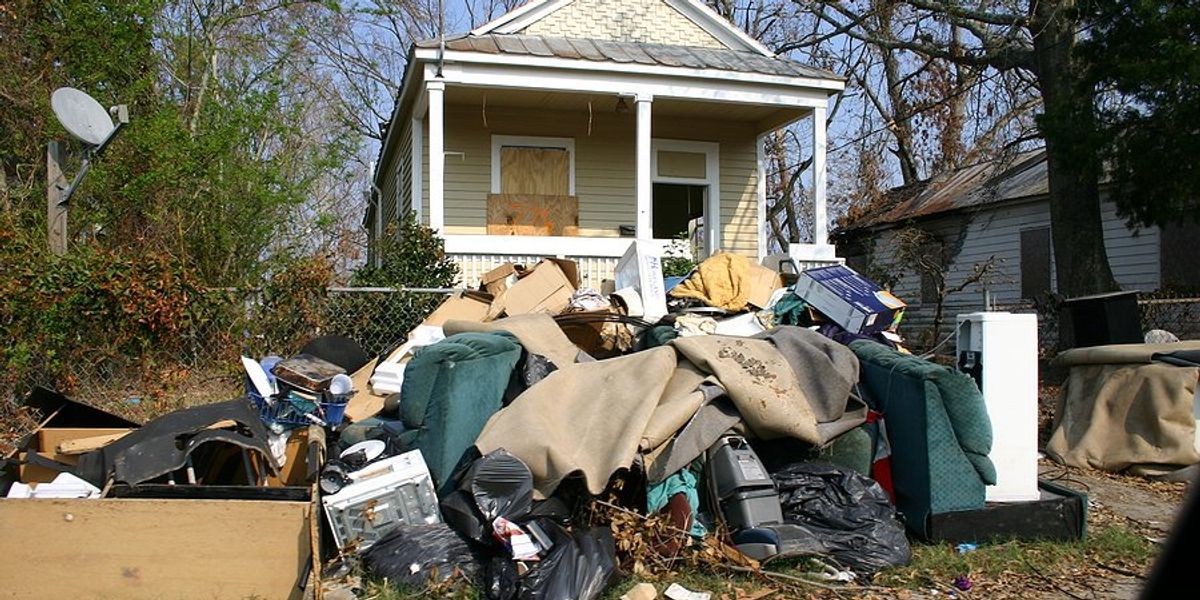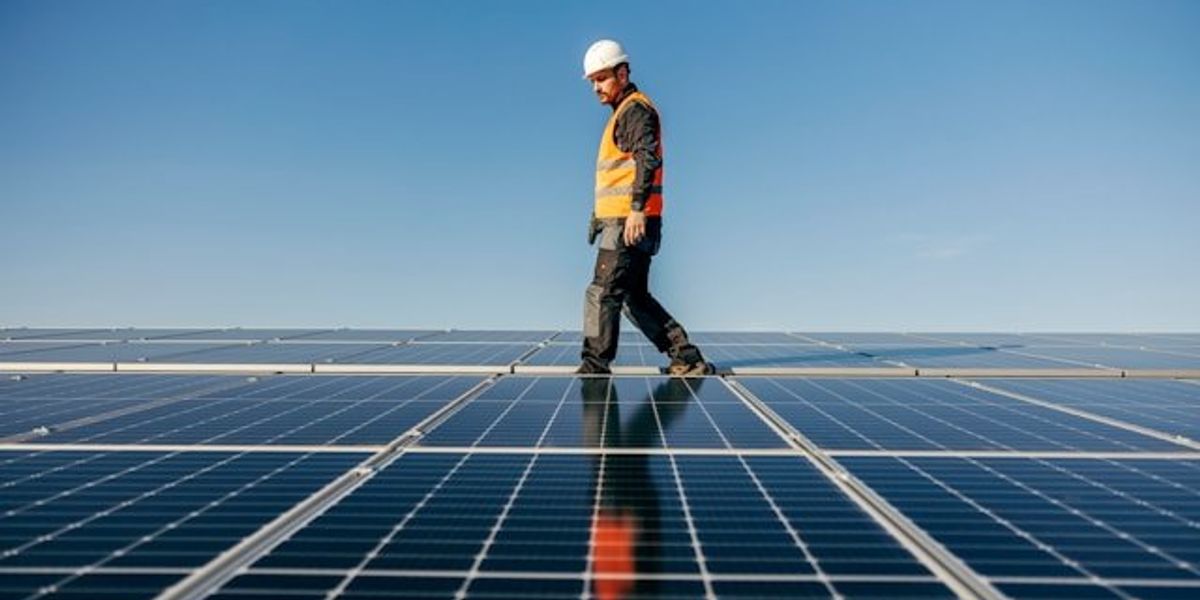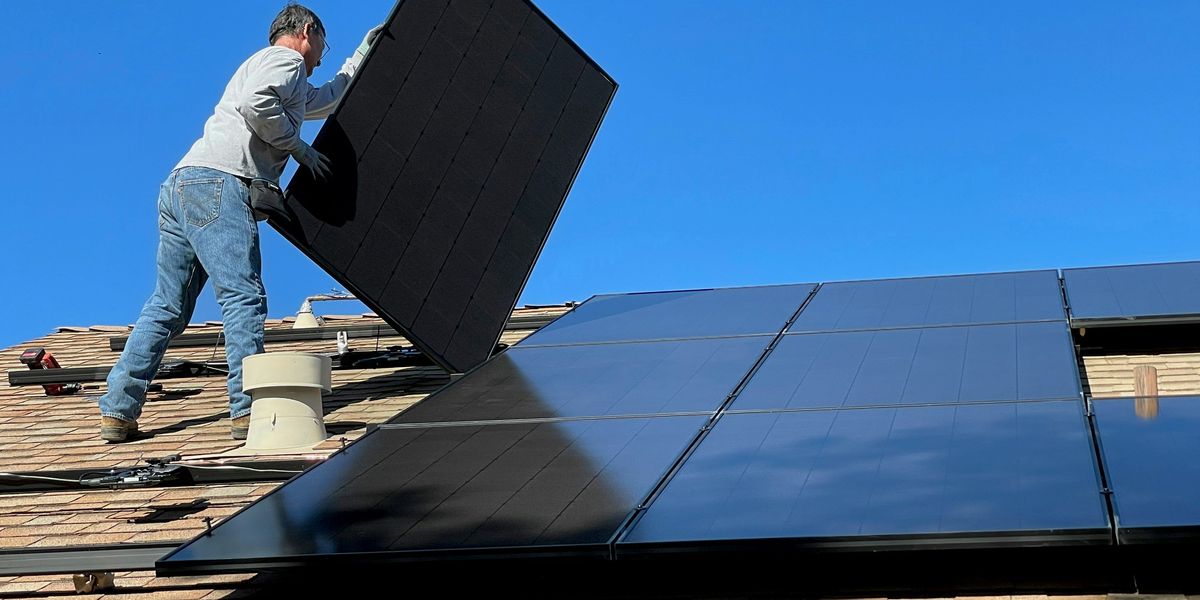
Hurricane survivors in Appalachia rebuild as distrust in government and science grows
Four months after Hurricane Helene devastated parts of North Carolina and Tennessee, survivors struggle to rebuild without adequate aid, while disinformation fuels skepticism about the storm’s causes and government response.
Nina Lakhani reports for The Guardian.
In short:
- Hurricane Helene caused catastrophic flooding and landslides in southern Appalachia, destroying thousands of homes and businesses and killing more than 220 people. Many survivors remain displaced, living in makeshift shelters without insurance or government assistance.
- Volunteer groups, particularly evangelical organizations, have led much of the relief effort, while frustration with federal agencies like FEMA is widespread. Some survivors believe political neglect, rather than climate change, is to blame for their suffering.
- Disinformation about the storm’s origins, including conspiracy theories about government-engineered weather events, has spread in affected communities, weakening trust in climate science.
Key quote:
“It’s unreal how many people have come here to help, when the government didn’t help us at all. By God’s mercy we survived.”
— Sharon Jarvis, resident of Barnardsville, North Carolina
Why this matters:
Hurricane Helene’s destruction highlights the growing risks of climate-fueled extreme weather, particularly in rural communities with limited infrastructure and disaster preparedness. The storm’s aftermath also underscores how disinformation can shape public perception, influencing attitudes toward climate change, government aid and rebuilding efforts.
Many survivors see their suffering as proof of federal neglect rather than evidence of a warming planet, complicating efforts to address the root causes of such disasters. Without stronger infrastructure and disaster relief systems, future storms could leave even more people stranded in cycles of loss and displacement.
Related: LISTEN: Gavin Rienne on children's health and natural disasters













